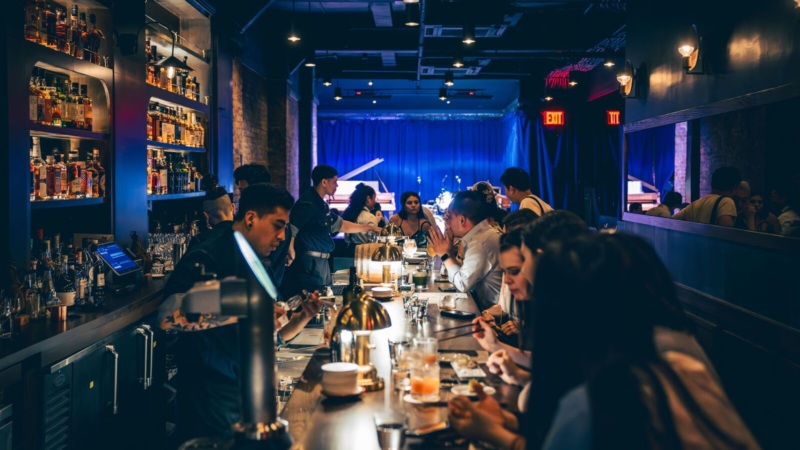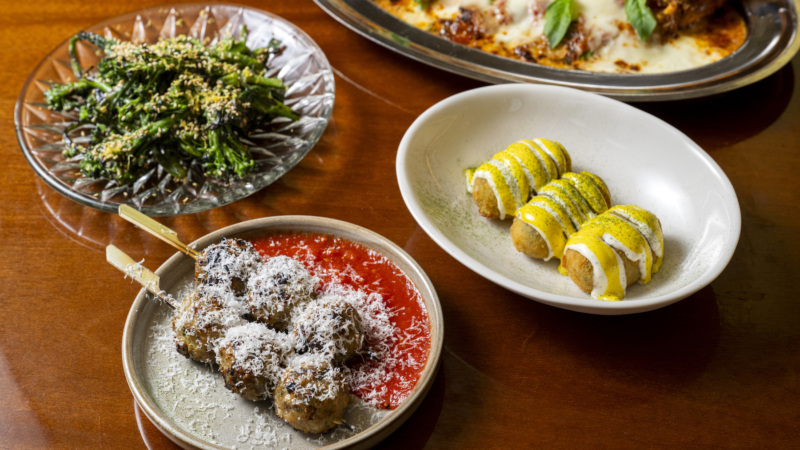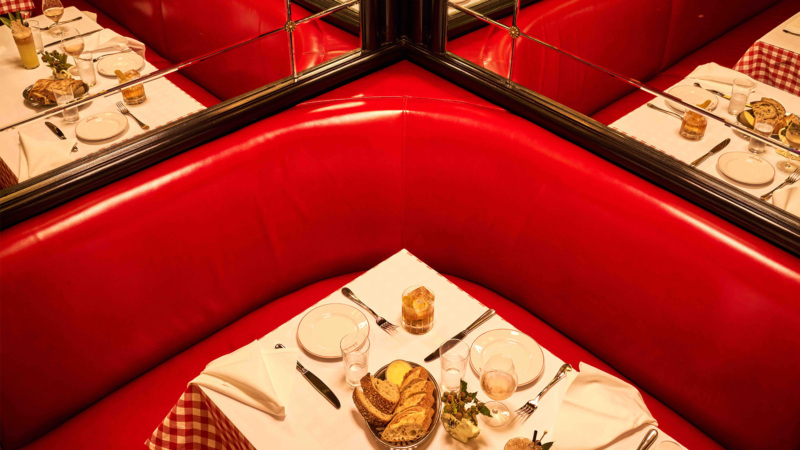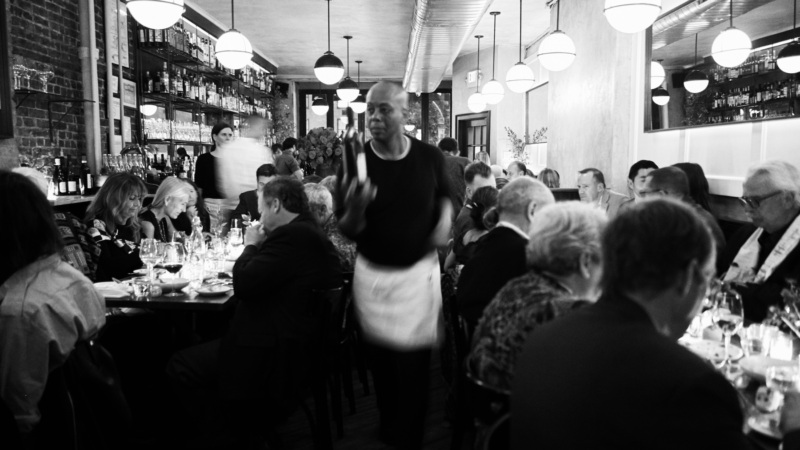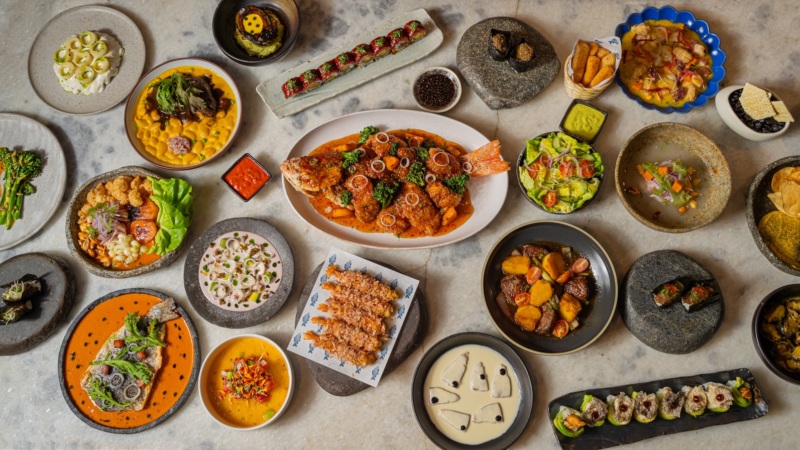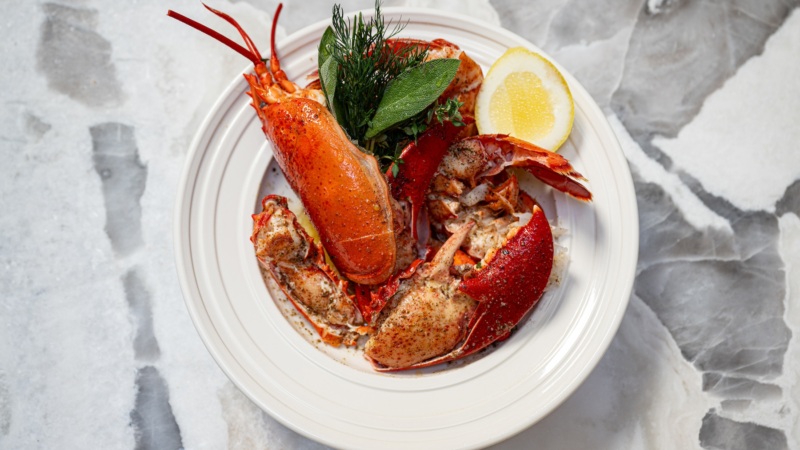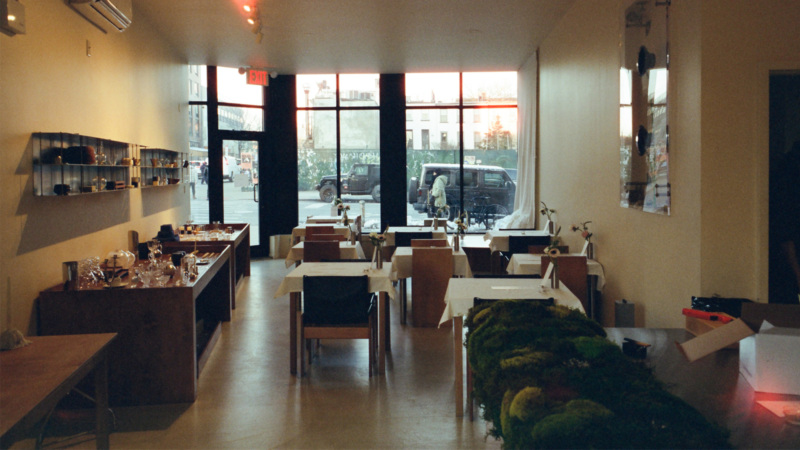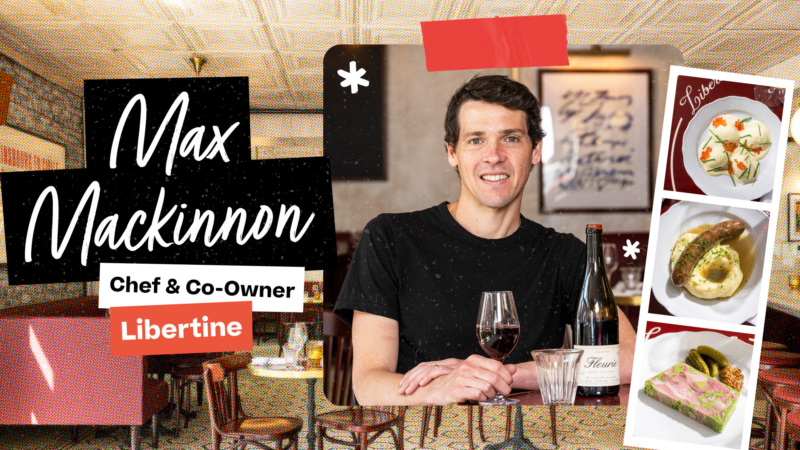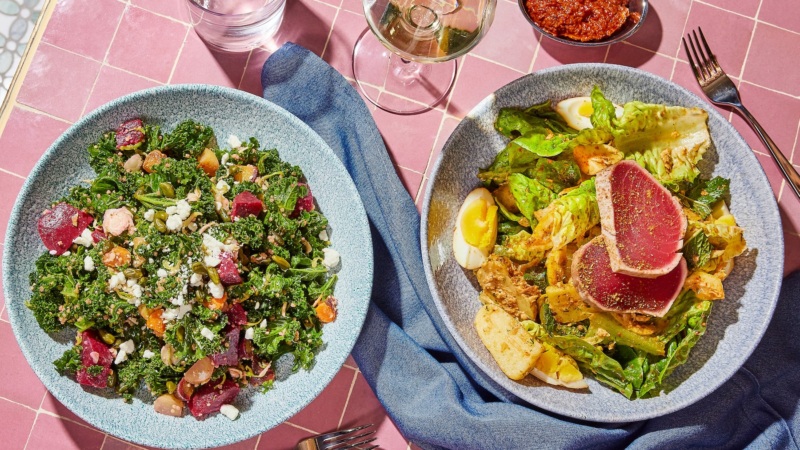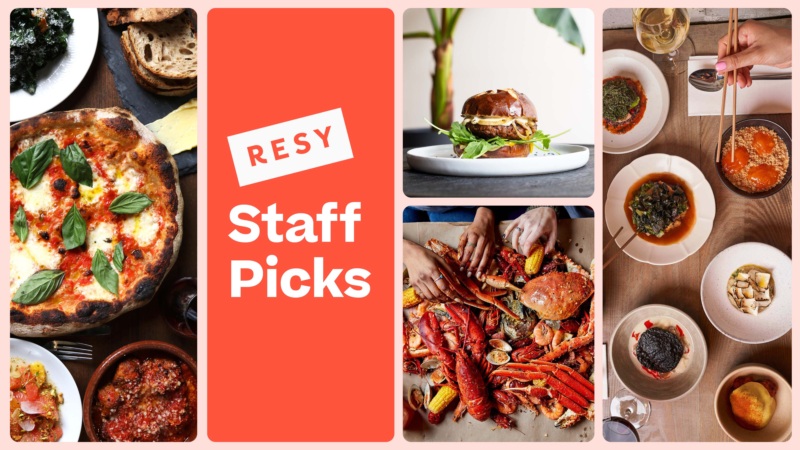
Kokomo’s Ria Graham on the Importance of Food, Culture, and Empowering Women
Opening a restaurant is tough — and it’s even tougher when you do it during a pandemic. But that’s exactly what hospitality veteran Ria Graham, along with her mother, Karen Valentine, and her husband, Kevin Graham, did in July 2020. Kokomo, the Williamsburg restaurant that they opened together has since become an acclaimed neighborhood fixture for Caribbean cuisine favorites like slow-braised oxtail and escovitch-style red snapper.
On June 21, Graham and her team at Kokomo are hosting an intimate meal as part of Resy’s Women of Food dinner series. We recently caught up with her to ask her about the upcoming dinner, and also what she’d like to see more of in the restaurant industry, too.
Note: This interview has been edited for length and clarity.
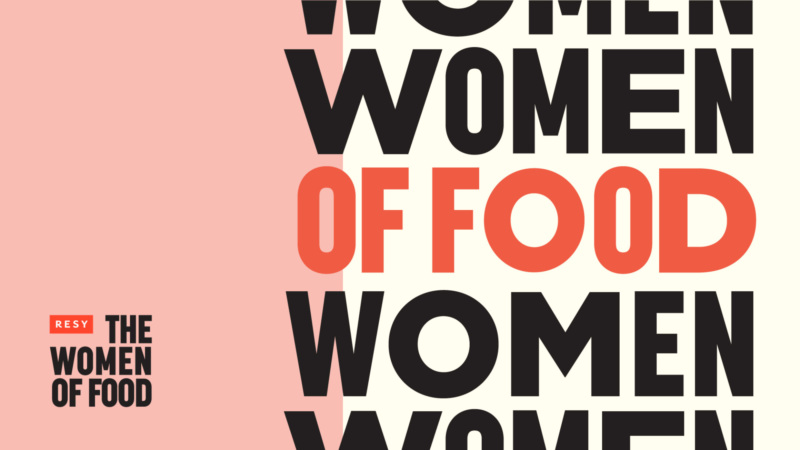
- The Resy Guide to the Women-Owned Restaurants of New York
- ‘Being a Woman Has Made Me More Innovative’: Alex Raij on the Gender Gap in the Restaurant Industry
- Melissa Rodriguez Is Ready to Reboot Fine Dining In New York. But First, Pizza.
- The Musket Room Won’t Go Back to the Status Quo
- At The Grey, Running a Restaurant Is an Ongoing Conversation
- Meet Tama Matsuoka Wong, the Forager Who Brings Weeds to New York’s Top Restaurants
- All Women of Food Coverage
Resy: Can you tell us about the upcoming Women of Food dinner at Kokomo?
Graham: The menu is inspired by how I grew up in my culture, and all of the flavors and ingredients that we use — everything is Caribbean based. Both of my parents are from the Caribbean; my father is from Grenada and my mother is from Trinidad. I was born here, but I grew up in a heavily Caribbean community. And I always try to express that in every single thing that we do.
The dishes that we decided to use for this event are ones that are traditional to my culture, but we always like to go at things with a little bit of a twist and flair. So, we tried to modernize it. It’s basically going to be my take on my culture, but in a more modern way.
What are some of your earliest food memories?
I would say my earliest memories of food and family all go back to whenever we used to have our Sunday dinner as a family. I have a lot of cousins and aunts and uncles, and we didn’t get to see each other all the time because everybody needs their own separate lives. But whenever we would get together for a Sunday family dinner, that was the chance for all of us to reconnect and to bond and to just enjoy each other over food. I’ve had that memory going back as far as when I was five years old, or maybe even younger than that. I learned from a young age that food equals celebration and it equals love and it equals family getting together, just a lot of positivity. I have a very positive image when it comes to food because of my family.
That’s something that always happens in Caribbean culture: we always try to get together once a week in order for us to stay connected, and just to love each other, to be honest. I’m hoping that when people come to the Women of Food event here that they’ll get that kind of quaint vibe, because we try to provide that for every single one of our customers. We want you to feel the warmth of our family being extended to you through our food. And we want you to have an experience where you can connect and enjoy and celebrate with the people that you’re around.
What role did your mothers and grandmothers play in connecting you to your culture?
That’s the number one thing that connected me to my culture, because I don’t live there — well, I never lived in the Caribbean at all. The way that they would show me where I came from was through food and music — those are the top two things. And it made me feel as though I were I was more a part of them and more a part of my history, even though I was born in America, and I live in America. I appreciate my American upbringing. But I also appreciate the generational experiences that my mother and my grandparents were able to pass down to me, so I always knew where I came from and how my family bloodline was set up. It was always through food and music.
Any particular dishes you remember fondly?
I mean, there’s a lot but in the Caribbean, we tend to stew anything that moves. So I grew up on a whole lot of stewed foods, like chicken and beef, and curries, because Trinidad has a heavy influence of the Indian culture.
One of my favorite dishes is roti, which is grounded chickpeas made into a very, very, very thin wrapper. It’s thinner than a burrito wrap, but they layer it and they put curry chickpeas inside of it, as well as curry potatoes and curry chicken, or you can have it with curry goat; you can really mix and match it and it comes with a bunch of sauces that can make it a little bit more sweet or a little bit more spicy or a little bit more tangy. And everyone has their own take on it. It’s a dish that can be made to taste a little different depending upon the person. That was always my favorite thing because I wanted something a little bit sweeter, a little bit more spicy. Like, I can have it all within that one dish. That’s by far my most favorite thing to eat from the Caribbean.
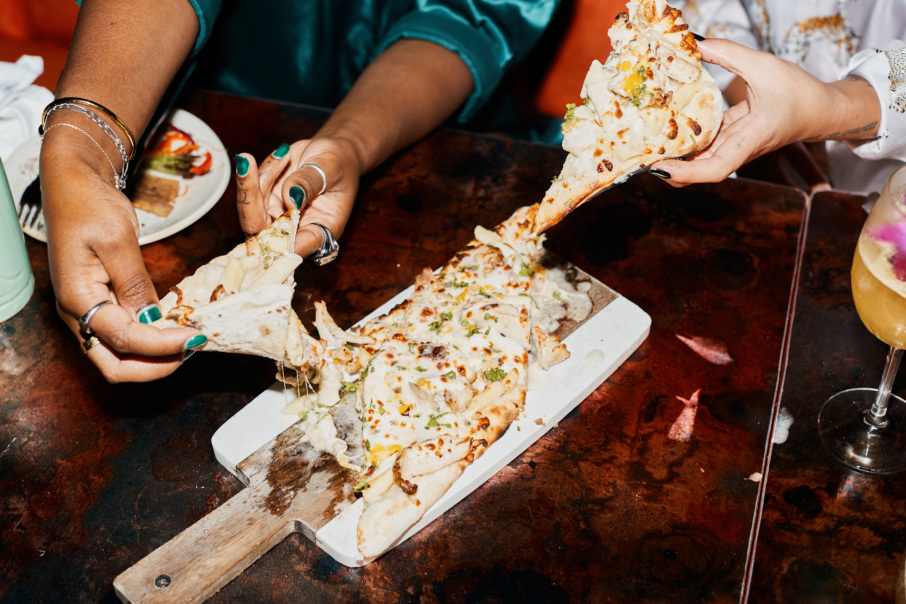
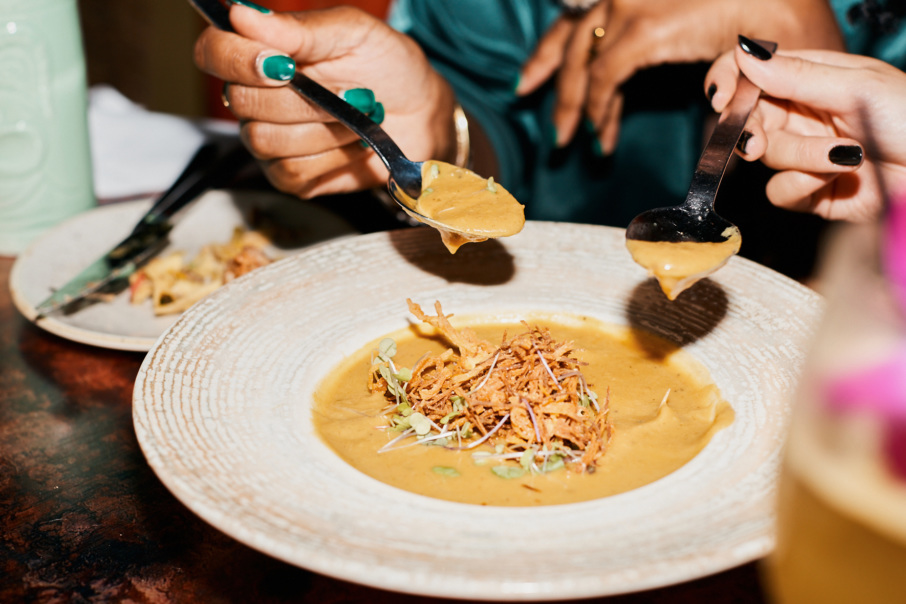
Switching gears a bit, have you personally felt the impact of the gender gap in the restaurant industry? What does it mean for you to be a woman in this industry?
I recognize that there are challenges when it comes to gender roles in this industry because this is a very dog-eat-dog type of industry that a lot of people would think only men would have the wherewithal in order to get through it.
Fortunately, at Kokomo, we are a very heavily woman-run operation. My father and husband and brother, they all help us, but most of the managerial staff, and my mother and myself are women. Because of that, we don’t really feel that whole gender inequality at Kokomo. It’s not like I walk [into different] restaurants trying to see if there’s gender inequality. We’re so wrapped up in what we’re doing, we don’t experience it. And we don’t allow that type of narrative to be painted at Kokomo because we’re so heavily women influenced. If anything, you know, women definitely run Kokomo.
Fortunately, we don’t have that problem here. But I absolutely do recognize that it is an extremely challenging thing that a lot of restaurants are battling.
The entire Women of Food event will be curated by women. Our mixologist is a woman. Our event coordinator is a woman. Both of our marketing managers are women. This whole entire event is being powered by women, I’m very proud to say.
What is your hope for the next generation of women in the restaurant industry?
It would be to speak up more and to voice their frustrations more. What I’ve seen in our restaurant, at least, is if a woman, let’s say, comes and works in our kitchen, where our kitchen is predominantly men, a lot of times, they feel like they don’t have the space to say how they feel about certain things, because they don’t want to be looked at as being different, or being a complainer. “Oh, she’s only complaining because she’s a woman.” And because of that type of stigma, they tend to not want to voice how they feel. And they make themselves more uncomfortable. You feel like you’re trapped in your own skin. And no one wants to come to a place where you spend at least half of your life for the week feeling like you can’t say anything.
I would like for women to speak up more. And just not be afraid to say how you’re feeling even though you are in a male-dominated space. Because if we all continue to keep quiet, things will literally never change. And a lot of times other people feel the same way that we feel but because we don’t say anything. It goes unheard.
And for Black women and other women of color? What do you hope for them?
Take a chance on where [you want to be]. With us coming into Williamsburg and it being a predominantly white area, a lot of people told us it would be hard to get Black people to come to Kokomo because it’s so far, and then what if white people don’t come? My thing is, as long as you’re providing a great product with a genuine heart, it doesn’t matter where you open; people will feel it, it will transcend, and they’ll support you no matter what.
I would say, don’t let neighborhood barriers or cultural barriers stop you from going anywhere that you want. As long as you do it genuinely, and you put your heart out there, people will feel it, and they’ll support you.
Throughout the month of June, Resy is celebrating the Women of Food around the world, with stories devoted to the women who power the restaurant industry.
Join Ria Graham at Kokomo on June 21st to celebrate The Women of Food, Resy’s nationwide dinner series and tribute to the women who make restaurants special. More info here.
Deanna Ting is Resy’s New York Editor. Follow her on Instagram and Twitter. Follow Resy, too.
Discover More
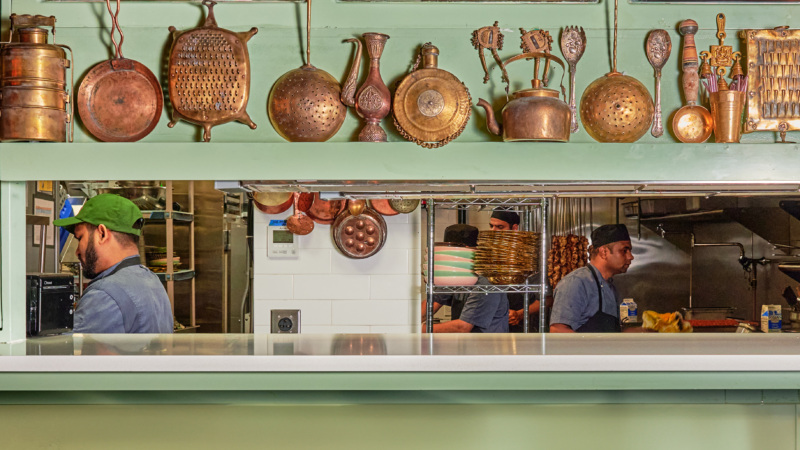
Stephen Satterfield's Corner Table


